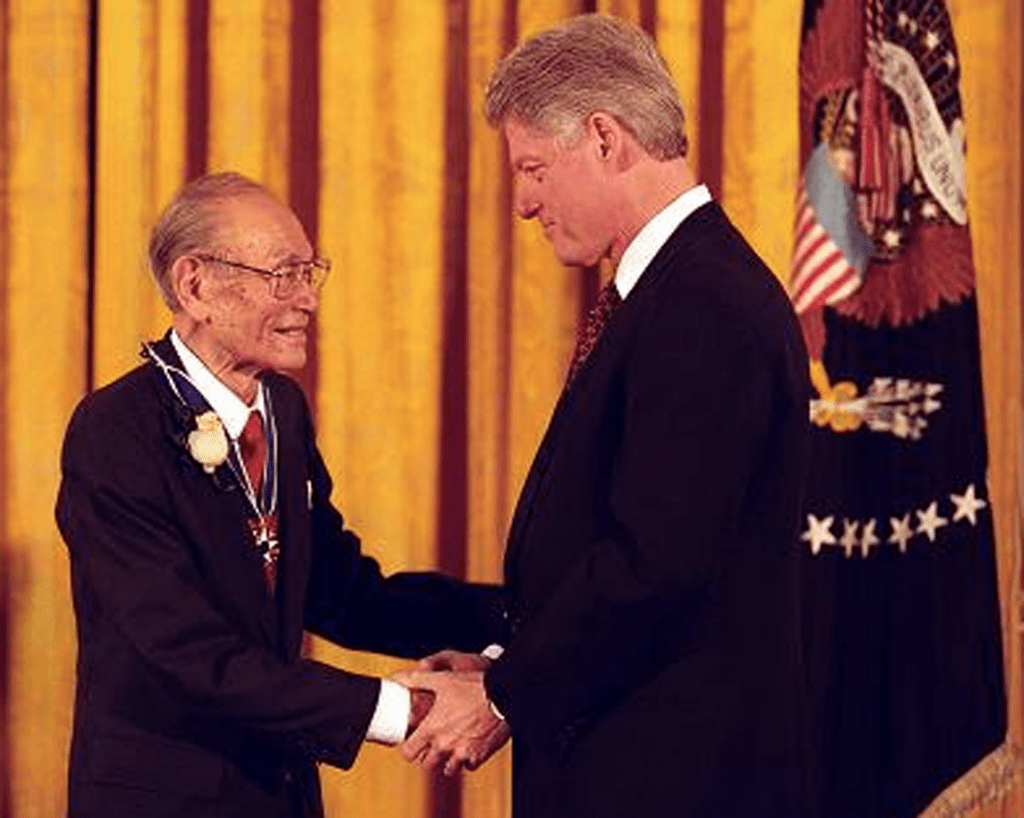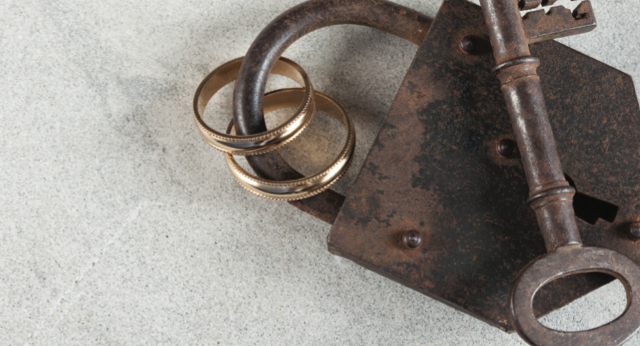Never heard of Fred Korematsu before? Well today may just be the perfect day to learn about him. After all, January 30th is proclaimed Fred Korematsu Day. Unfortunately, he often flies under the radar because his story is still one that barely receives recognition in your average American history lesson. In fact, Korematsu Day is only recognized by the states of California, Hawaii and Utah.
During World War II, President Roosevelt signed the Executive Order 9066 which made it legal to incarcerate Japanese Americans and anyone of Japanese descent into concentration camps, and Korematsu’s family fell victim to the legal discrimination. But Korematsu defied the president’s order believing he was an American citizen, and saw the situation for what it was — an injustice.
In an effort to avoid the unjust discrimination, Korematsu got minor surgery to alter his eyes, changed his name to Clyde Sarah and even claimed his ancestry as Hawaiian and Spanish. However, his efforts were foiled when he was arrested and convicted in federal court for violating the government orders.

“According to the Supreme Court decision regarding my case, being an American citizen was not enough. They say you have to look like one, otherwise they say you can’t tell a difference between a loyal and a disloyal American,” said Korematsu.
It wasn’t until years later, in 1983, when Judge Marilyn Hall Patel of the U.S. District Court of Northern California in San Francisco formally overturned the conviction of Korematsu that his innocence was acknowledged. It was a pivotal moment in U.S. civil rights history, especially because Korematsu would never forget these injustices. In fact, he decided to make sure America wouldn’t forget these injustices either.
Flash forward to 1998 and you’ll find President Bill Clinton honoring Korematsu with the Presidential Medal of Freedom for his persistence to fight against the federal courts for governmental misconduct, as well as his work to pass a bill that would grant an official apology from the U.S. government and compensation of $20,000 for each surviving, formerly incarcerated Japanese American:
Why is his story important? Because it serves as a reminder for Asian Americans that we are still very much human and we deserve our human rights like any other American.
If you feel that Fred Korematsu’s history deserves to be highlighted, 18 Million Rising is holding an online petition to have Korematsu featured as a Google Doodle. They’re 200 letters away from reaching their goal!

For more about Fred Korematsu click here, and you can send in your letter to Google here.
Featured Image courtesy of davisvanguard.org.
[wp_ad_camp_2]









